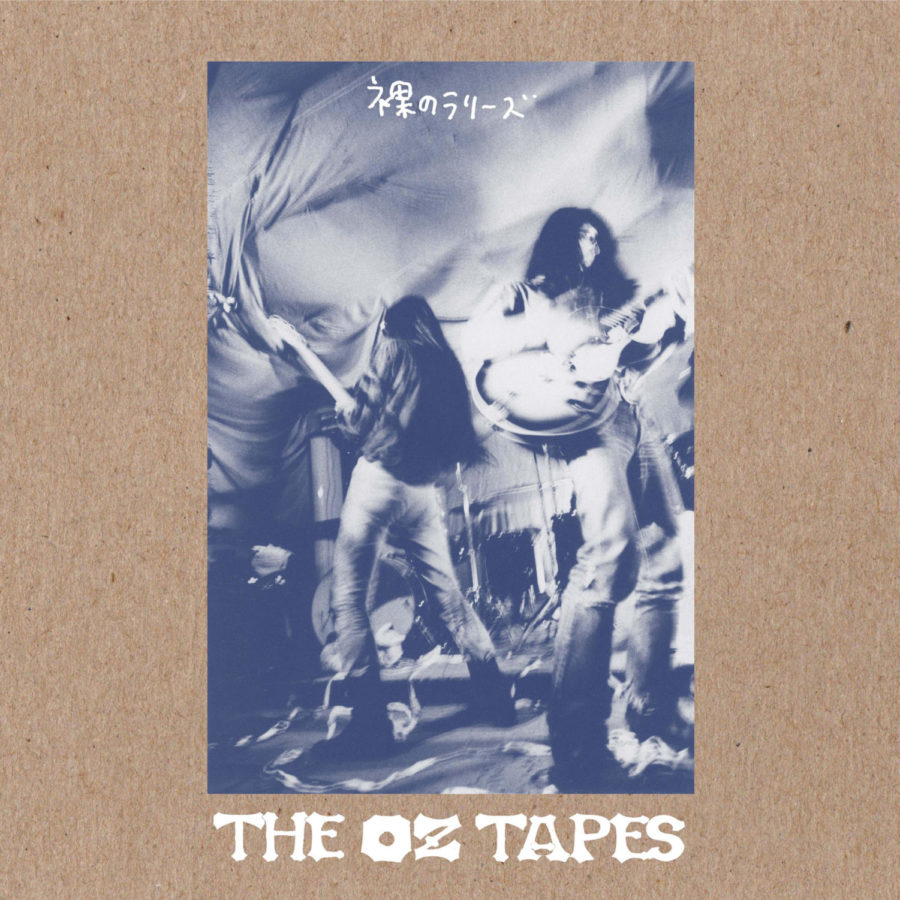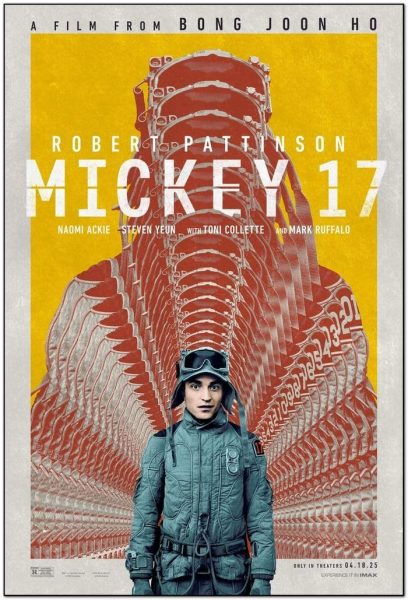The OZ Tapes: A ‘60s noise rock gem
The OZ Tapes is the first official release from Les Rallizes Dénudés, a Japanese noise rock band formed in 1967. The album is a remastering of previously unreleased tapes, and with plans for future releases, The OZ Tapes serves as a spectacular tease at what is soon to come.
Opening the album is the track “OZ Days,” a nightmarish assault on the senses by distorted guitars and erratic drumming, all melting together into a stark wall of static. The track perfectly encapsulates the sound of Les Rallizes Dénudés, at least the instrumentation side of things, and can only be described as brutal and raw. “OZ Days” is a gothic gate decorated with sharp spikes and gargoyles that beckons the listener into the castle of noise it surrounds.
After the introductory track, “A Shadow on our Joy” introduces Takashi Mizutani, the band’s lead singer, and his distinct voice. Mizutani’s vocals stand out similar to those of David Byrne from the Talking Heads or Frank Black from the Pixies; hear Mizutani in a secluded and grimy pub at night and you will instantly recognize him. His hollers are backed by a twangy guitar groove and dry drums. The track progresses with stark chromatic steps creating rapid-fire tension and release. A guitar interlude screeches out just as mesmerizing as it is sloppy. As the song continues further, Mizutani’s voice wavers, plenty strained, generating an appealing grit. One last guitar solo ends the song, only this time it stutters and struggles, like a lawnmower forgotten deep in a shed for countless years. “A Shadow on our Joy” is the first of many tracks that showcase the formulaic yet charming repetition of the Les Rallizes Dénudés sound.
The third track, “Wilderness of False Flowers,” is an album highlight. It has a crunchy punk rock false-start before fading back into another bouncing groove, only this time like a march. Fittingly, the vocals on this track are loud and shouting, much like a drill sergeant. The dive into the chorus is icy and suffocating, tense like being stuck underwater beneath a sheet of ice, searching for a singular hole to breathe through. The resolution comes via a growling vocal melody that hits all the sweetest notes. The guitar solo on this track is lengthy, walking all across the lush chords, wild and uninhibited, almost drunken until a sudden agitated shift. From there the strings grow deep and angry. Next, an effect engages creating a classic Jimi Hendrix sound, full of deep weeping and warbling, screeching and sobbing. Then another verse follows, this time accompanied by unexpectable and jarring guitar improvisation. One final verse and chorus winds the song down, ending in a cacophony of instruments playing disjointed and loud. The guitars on “Wilderness of False Flowers” are skillfully amateur and a true highlight on the record.
The next track, “White Awakening,” shows another side to the band. It’s more cool, melancholic and reflective. This time the dry guitar grooves are replaced with psychedelic and phasing ones. At the same time, a soft melody slides around. The vocals here are more longing than any of the previous tracks, accented by a chorus comprised of “la-la-la’s” that feel withdrawn and mourning. The drums falter at times, causing a dizzy and distressed feeling that perfectly matches Mizutani’s voice. “White Awakening” is a stunningly sad and emotional track and a perfect palette cleanser after three songs revolving around loud guitars and harsh, strained vocals.
One thing listeners will quickly learn from The OZ Tapes is that Les Rallizes Dénudés is not a band that writes short songs. The album’s fifth track, “The Last One_1970,” is a testament to that statement. At 24 minutes in length, the track is truly an epic. It kicks off with blunt, tense feedback and drumming until the guitar rings out, haunting and soulless as lush cymbals turn over into each wave of abstract and jarring noise. The guitar proceeds to build a cage packed full of tense claustrophobic energy and static, breaking free only when a new, forlorn melody begins. In typical Les Rallizes Dénudés style, guitar solos are abundant, and in this behemoth of a track, run for minutes at a time. After seven minutes of noise, it quickly halts, allowing Mizutani’s voice to be at the forefront, backed with only chords. Here he belts out the lyrics, all while struggling to keep up with the onslaught of high notes.
Nearly halfway through the song, another section of wild drumming and guitar melody creates an epic and powerful feeling in the track. The lead guitar slowly accrues more and more feedback as the second half runs on, and before long, demonic drumming and experimental guitar beats down any sense of traditional Western musicality, fading into raw noise before falling back for yet another verse. By the final solo, the guitar is completely void of any guitar-like qualities. It’s better described as pure, disorienting noise. The strange and dissonant sounds are transcendent and otherworldly and the instruments slowly dissolve into silence. “The Last One_1970” is an exhausting yet incredible show of how far the boundaries of music can be pushed, the perfect summary of the album as a whole.
The OZ Tapes is an unpredictable and unique listening experience with countless twists, turns, sour notes and sweet resolves, all of which make it well worth the listen. Idiosyncratic and lo-fi, it’s the perfect album for anyone interested in breaking out of the pop shell.
Lincoln Wheeler (he/him) is a senior who loves playing hockey and guitar. He enjoys being a journalist because he wants to bring new perspectives and ideas to people.







